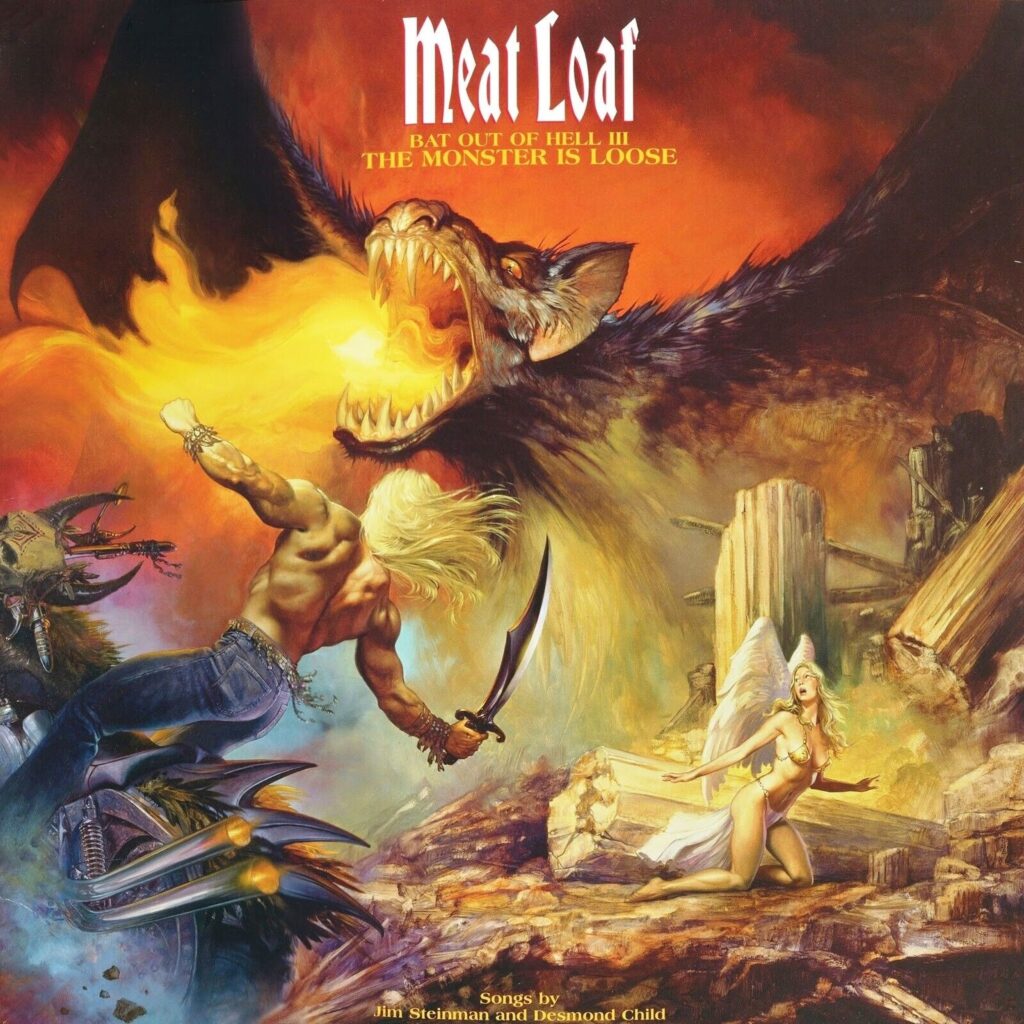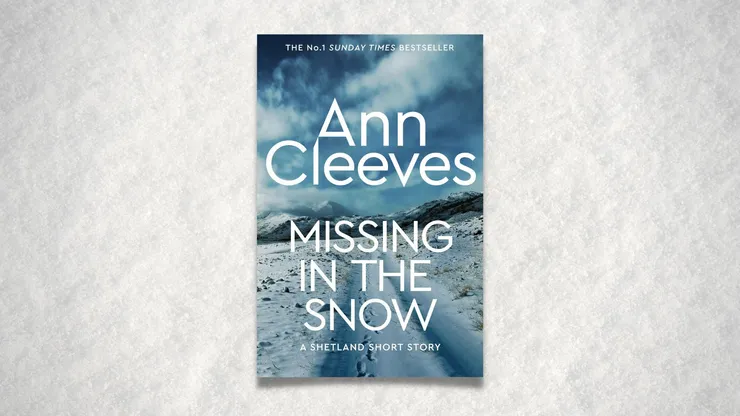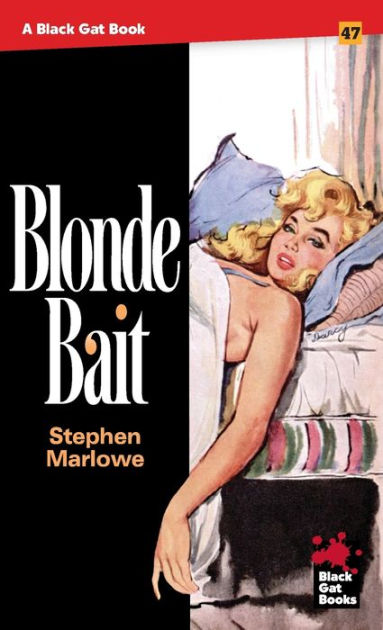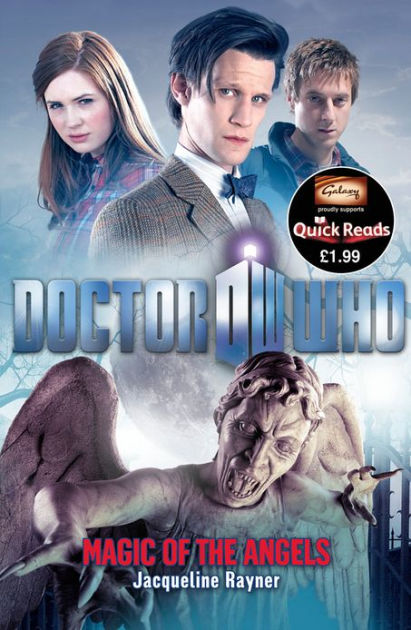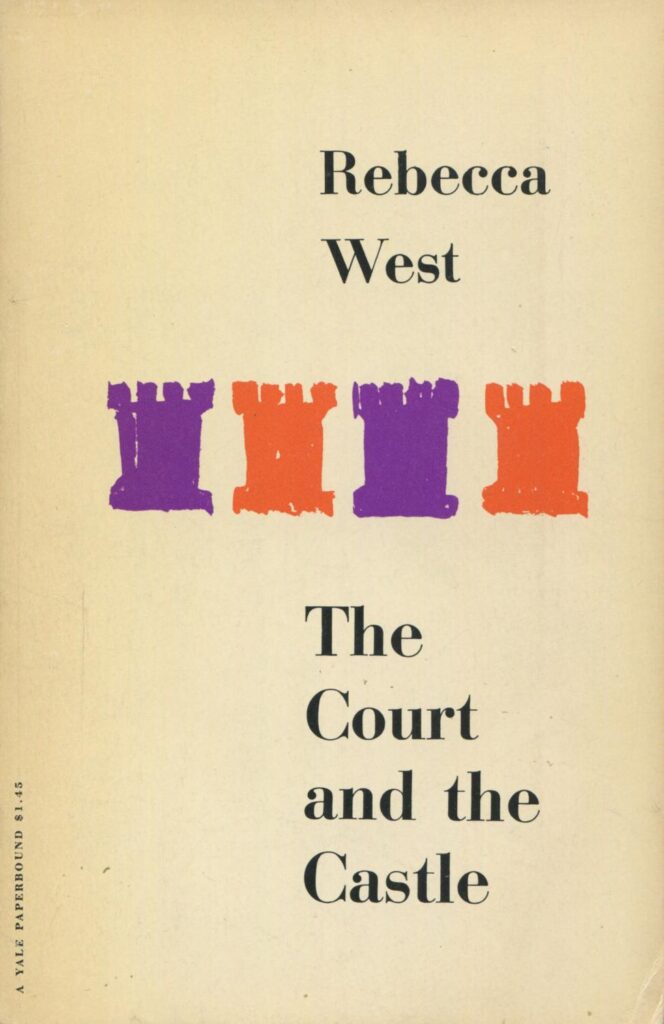

I’m a great fan of Rebecca West’s Black Lamb and Grey Falcon. But West was also a Deep Thinker when it came to Literature. In The Court and the Castle (1957) West tackles a number of literary topics. The main one–which would interest Dan Stumpf–deals with the “problems” in Hamlet.
West makes it clear she considers Hamlet a stone-cold killer. Hamlet kills Polonius (it was an accident, but Hamlet shows little remorse) and later in the play forges a letter that will send Rosencrantz and Guildenstern to their deaths. But Hamlet’s mission to kill Claudius–the man who murdered Hamlet’s father–faces delay after delay.
Rebecca West moves on to analyze Jane Austen, the Brontes, Henry Fielding, Thackeray, Henry James, Anthony Trollope, Ibsen, Meredith, Shaw, Wells, Galsworthy, and Hardy in Part Two.
Part Three transitions from Henry James to Kipling, Lawrence, Proust, and Kafka. I was impressed by the variety of West’s reading and her original insights into the works and writers she examines. If you’re looking for wide-ranging and lucid essays that bring sensibility and a skeptical temperament to literature, The Court and the Castle provides graceful and gracious entertainment to tickle your brain! GRADE: A–
TABLE OF CONTENTS:
PART ONE: THE COURT OF KINGS — 1
- Was Hamlet without Will? — 3
- The Nature of Will — 18
- The Will of Kings — 33
- The Will of Usurpers — 43
- The Unresolved Historical Argument — 59
- The Resolved Theological Argument — 68
- The Moral Reason for Misreading Hamlet — 72
- The Historical Reason for Misreading Hamlet — 89
PART TWO: THE CROWED COURT — 85
- The Great Optimist — 87
- Optimism and Comprise — 103
- A Nineteenth-Century Bureaucrat — 133
- The Convention of Dissent — 165
PART THREE: THE CASTLE OF GOD — 201
- Nonconformist Assenters and Independent Introverts — 203
- Loose Metaphysician and Strict Moralist — 224
- The Dissolution of the Court — 247
- The Twentieth-Century Bureaucrat — 279
INDEX — 309

